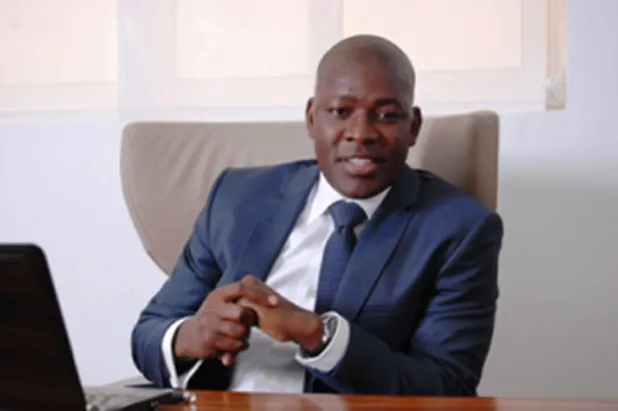Entrepreneurs
Rlg Communications: Ghana’s Tech Giant Redefining Africa’s Digital Landscape

Very few companies, in the rapidly advancing world of technology, have done as well as Rlg Communications in balancing innovation and local development. Founded in Ghana, this ICT Company emerged with a bold mission: to empower African youth and close the technology gap by assembling and manufacturing computers and mobile phones locally. Being the first company to be indigenous in producing laptops and phones in Africa, Rlg has placed itself on a higher dimension of local entrepreneurship coupled with global ambitions. The present headquarters is located in Dubai, where Rlg Communications continues to break barriers on ICT across Africa and beyond.
Rlg Communications was in 2001 founded by Roland Agambire through launching Roagams Link Ghana Ltd., a humble mobile phone repair shop. Agambire’s vision for ICT in Africa spread fast, and Rlg became the leading manufacturing and training firm branded Rlg Communications Ltd. Moving its headquarters to Ghana, Rlg quickly shot to the top of the list of ICT pioneers providing low-cost access to technology in regions previously underserved by these major global tech firms. The company started with a repair shop but then progressed to assembling desktops, laptops, and mobile phones. This was the first time an African-owned brand was doing so.
What made Rlg’s business model different was its focus on the gradually increasing demand for ICTs in African markets, coupled with the empowerment of young Africans with skill development and employment. Training programs for computer and mobile phone repair were provided to prepare youth with valuable technical skills in relation to ever-higher employment and growing demands for tech services. Therefore, Rlg represents progress and opportunity within Ghana and other African countries.
This attracted world tech giants to its development, and thus started making collaborations that would ensure this company was here to stay. Among them is collaboration with Microsoft, which aided Rlg in the upliftment of its range of computers, the Uhuru series, with the use of the firmware of Microsoft and windows 8 operating system. Through this partnership, Rlg delivered reliable and affordable computing solutions in Africa, tailored specifically to the needs of that area but remaining at international standards. Rlg ventured in diverse activities to widen its markets. Recognizing the potential of e-commerce, the company launched an online platform where customers could buy Rlg products directly. This also enabled new revenue streams, such as global shipping and several forms of payment, which expanded the customer base beyond Africa.
Perhaps one of Rlg’s most ambitious projects is the Hope City project that was announced in 2013. The planned idea of Hope City involved making the place a high-tech city in Ghana which would harbour Africa’s tallest building among several business educational and residential facilities that shall be set to foster innovativeness and entrepreneurship. The cost is approximately $10 billion, with the city expected to end up as a competitor to Silicon Valley by attracting talent and investment into Ghana and making it the regional technology powerhouse. So far, due to financial and logistics reasons, it remains unrealized, raising many questions about whether big undertakings in developing economics are feasible. Despite the failure, Hope City was a bold vision for Africa’s future in technology and symbolized Rlg’s commitment to fostering local growth in the ICT sector.
While Rlg Communications’ story has been marked by innovation and expansion, it is not without challenge. Competition from already well-established brands in the global market has been growing recently, along with shifting economic conditions. However, a new development that Rlg has implemented is its decision to shift its headquarters to Dubai. This gives it access to a strategic market and funding opportunities, fuelling the company’s continuous expansion.
The company continues to influence the African ICT landscape by providing tailored tech solutions to local needs and creating jobs and training programs across the continent. Rlg is currently operational in Nigeria, Kenya, Angola, and Rwanda, among others. Rlg’s commitment to the growth of ICT, the environment, and social responsibility has made it an enduring symbol of African entrepreneurship in the global tech industry.
